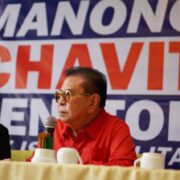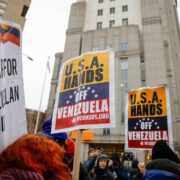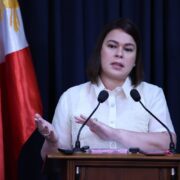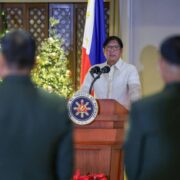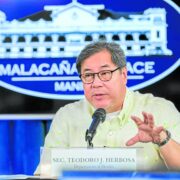BARMM polls crucial to Bangsamoro peace
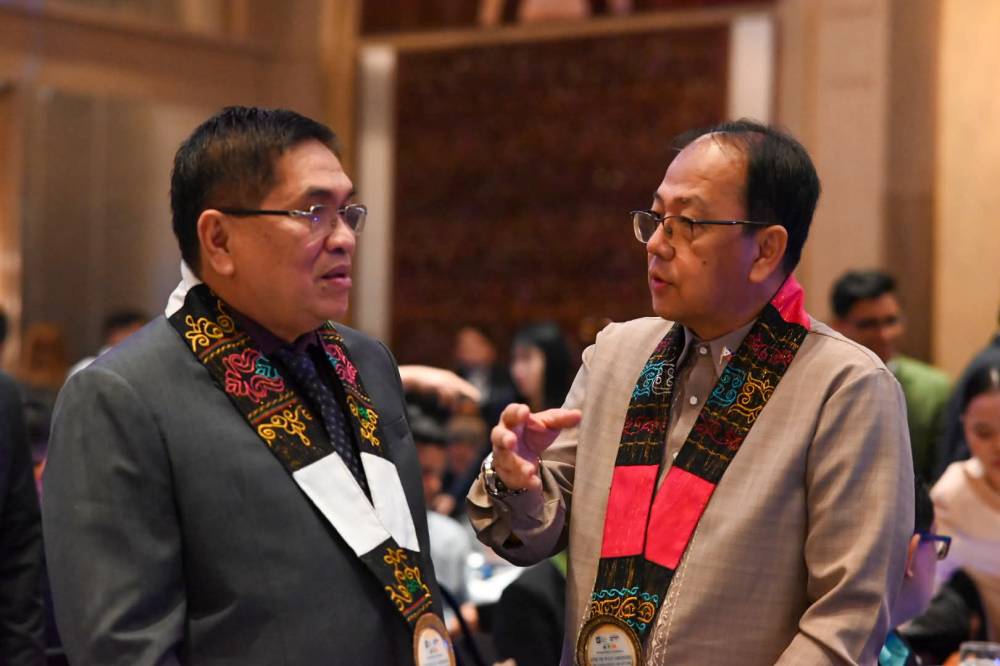
The conduct of parliamentary elections in the Bangsamoro Autonomous Region in Muslim Mindanao (BARMM) is seen as a crucial factor in keeping the gains achieved so far in the peace process between the government and erstwhile Moro rebel groups.
“Election is a major part of the solution, as mentioned by President Marcos. At the end of the day, this is what we’ve been aspiring for,” said Defense Undersecretary Cesar Yano, chair of the government’s peace implementing panel.
Yano, together with Members of Parliament (MPs) Mohagher Iqbal and Randolph Parcasio, graced a panel tackling the state of the Bangsamoro peace process during the two-day international conference “After the Peace Agreements: The Bangsamoro and Beyond” organized by Cotabato City-based think tank Institute for Autonomy and Governance (IAG).
In the panel, they were asked to outline top priorities for the Bangsamoro peace process.
Iqbal, who is also the BARMM’s education minister and Yano’s counterpart at the side of the Moro Islamic Liberation Front (MILF), also saw the need to ensure the conduct of elections.
Iqbal said the conduct of regional elections would cap the Bangsamoro’s journey to democratic governance.
Since 2019, the BARMM is run by the Bangsamoro Transition Authority whose 80 members are appointed by the President in accordance with the Bangsamoro Organic Law.
Originally scheduled to happen in 2022, the regional election was reset to 2025 to allow the interim government to complete the building of key structures and institutions for autonomous governance, work that was hampered by the pandemic.
It was again reset from May 12 to Oct. 13 this year to give time for the regional legislature to craft a law on the allocation of parliamentary district seats after Sulu, which had seven, was removed from the BARMM by the Supreme Court.
But the Oct. 13 schedule did not push through as a Sept. 30 high court ruling invalidated two regional laws that created parliamentary districts, leaving no legal basis to elect parliamentary district representatives.
The Supreme Court directed the BARMM parliament to enact a districting law by Oct. 31, a deadline that was already missed. The high court also reset the regional polls to not later than March 31 next year.
Significant milestone
Iqbal said he had doubts about the ability of the parliament to pass a new districting law by Nov. 30 this year, a crucial date set by the Commission on Elections (Comelec), in consideration of the time it needed to prepare the logistics and other legal requisites for electoral conduct.
Even then, Iqbal considers the establishment of the BARMM as the most significant milestone of the implementation of the Comprehensive Agreement on the Bangsamoro, the peace deal the MILF inked with the government in 2014, after 17 years of political negotiations.
“It might not be the best autonomy but it is something that we can be proud of,” Iqbal said.
He cited the numerous governance powers conceded by the national government to the BARMM, and the fiscal autonomy enjoyed by the regional government.
Parcasio noted that the previous autonomous government was highly dependent on the national government for fiscal resources, and had to defend its annual budget before Congress every year, unlike the BARMM which has a 5-percent block grant which is an automatic appropriation.
He also noted that with the BARMM, the peace deals that the government forged with the MILF and Moro National Liberation Front had converged, save for the question of territory.
For Yano, another significant milestone is the decommissioning of 65 percent of some 40,000 MILF combatants and their weapons, laying the foundation for sustained peace in the region.





